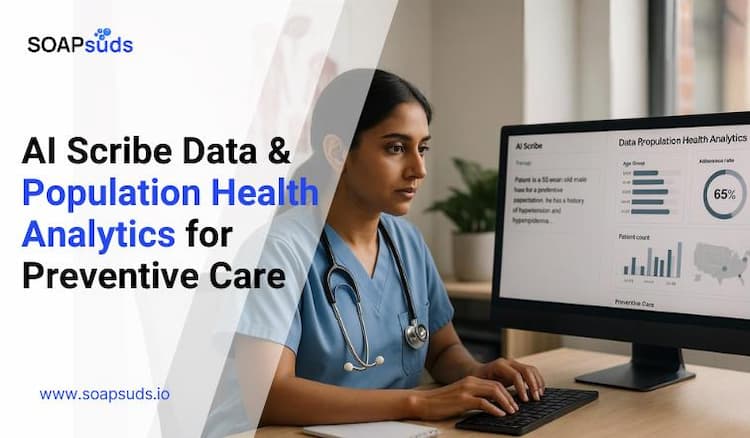Best Practices for Home Health Documentation with AI Scribe
SOAPsuds team
Published: 11/10/2025
SOAPsuds team
Published: 11/10/2025

Clinic notes are essential documents in healthcare that act as a central point of communication...

Years ago, after finishing a patient visit, doctors would jot down a few quick notes

Clear communication plays a major role in healthcare. Medical coding systems work like a shared...

Healthcare scheduling goes beyond simple planning; it’s the backbone of running organized, well-supported teams

AI scribes and population health tools are reshaping preventive healthcare. By automating note-taking and reviewing

Doctors spend more than 20 hours a week handling documentation, leaving less time
Clinical Notes
SOAP notes
DAP notes
AI medical notes